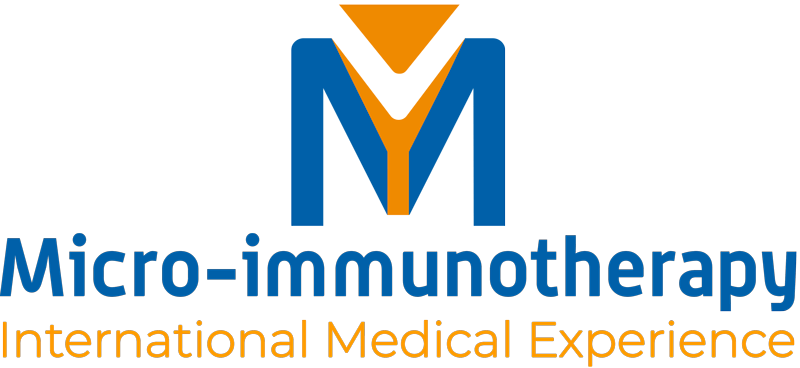Micro-immunotherapy & Sport Medicine

It is well known that, depending on the type, intensity and frequency, physical activity can have both positive and negative effects on the immune system1. This is due to the effort that exercise entails for the body; at a biochemical level, this can be translated into stress, triggering adaptive responses at both physical and psychological levels.
“Stress” itself is not always harmful for the body. Specifically, regular and moderate physical activity has an anti-inflammatory effect that is, among other things, essential for the prevention of cardiovascular and metabolic diseases. However, excessive physical exertion, for example if performance targets are set too high, can give rise to an immunodeficient state in the body and increase the susceptibility to different medical conditions (e.g., recurrent infections). This is also common among high-performance athletes, especially when other risk factors, such as malnutrition or sleep disorders, are present2,3,4.
It should also be emphasized that stress and overexertion can unbalance the psychoneuroimmunoendocrine axis and weaken the immune system.
Due to its action at the immune level, micro-immunotherapy can be a useful tool to support the immune system, when used as part of a tailored treatment plan that also takes into account nutritional aspects, including a balanced diet and a good rest. After all, the immune response is involved in several processes, such as:
- Stress-related disorders
- Recurring infections
- Inflammation
- Joint disorders
- Gleeson, M. (2007). Immune function in sport and exercise. Journal of applied physiology, 103(2), 693-699.
- Baum, M., & Liesen, H. (1998). Sport und Immunsystem. Deutsches Ärzteblatt-Ärztliche Mitteilungen-Ausgabe A, 95(10), 538-540.
- Hoc, S. (2000). Immunstimulation: Dem Infektionsrisiko bei Sportlern vorbeugen. Deutsches Ärzteblatt, 97(33): A-2182 / B-1770 / C-1626.
- Holger, G. (2006). Auswirkungen von Sport auf das Immunsystem. Notfall & Hausarztmedizin, 32(8), 411-415.
Discover more about Sport Medicine and micro-immunotherapy



